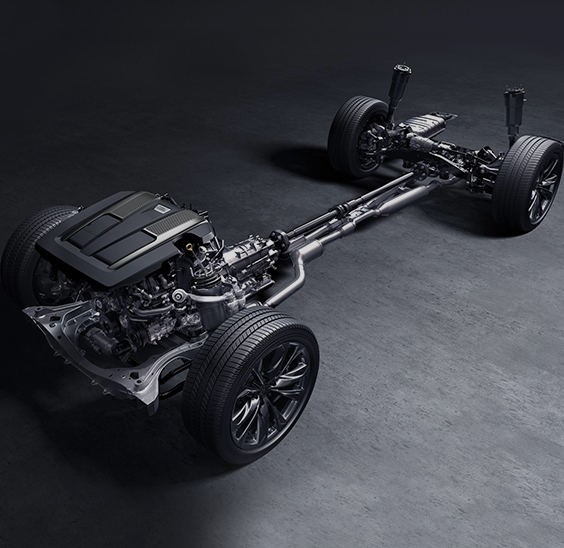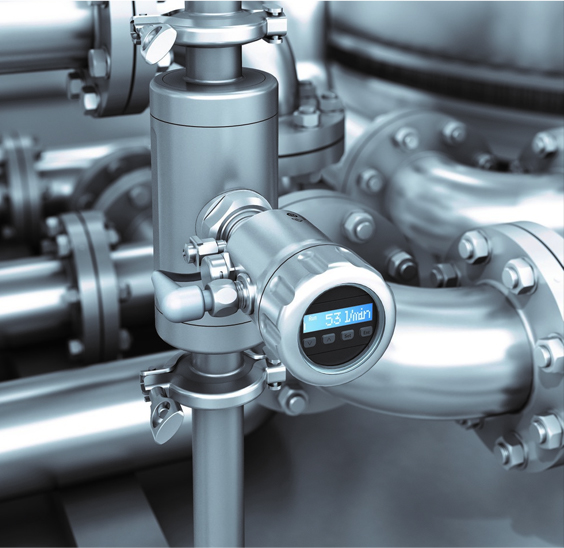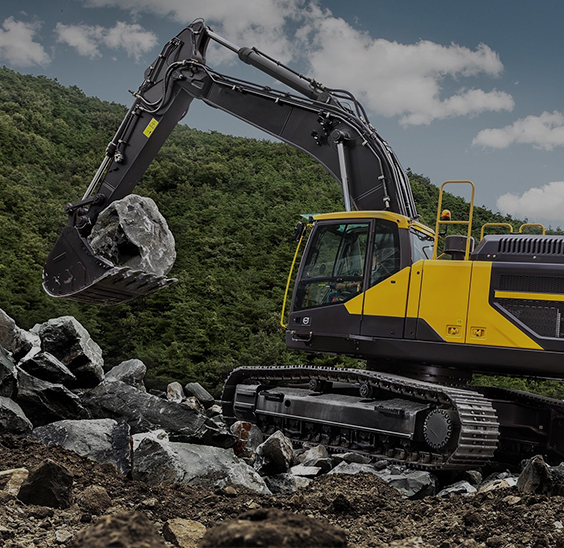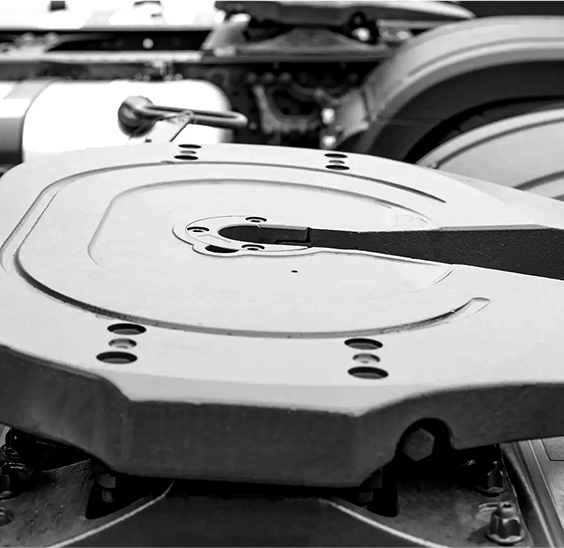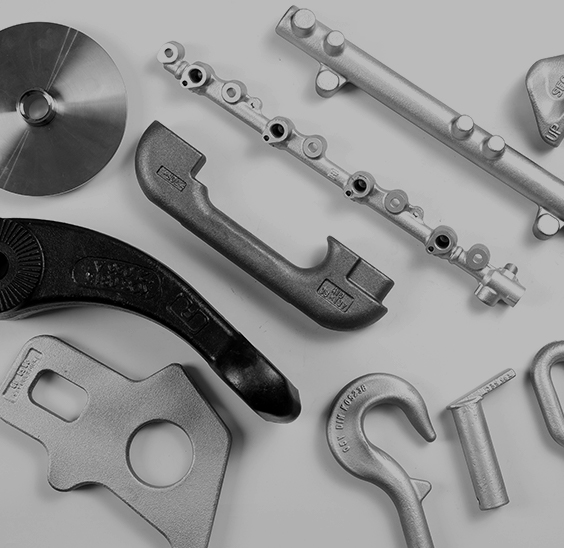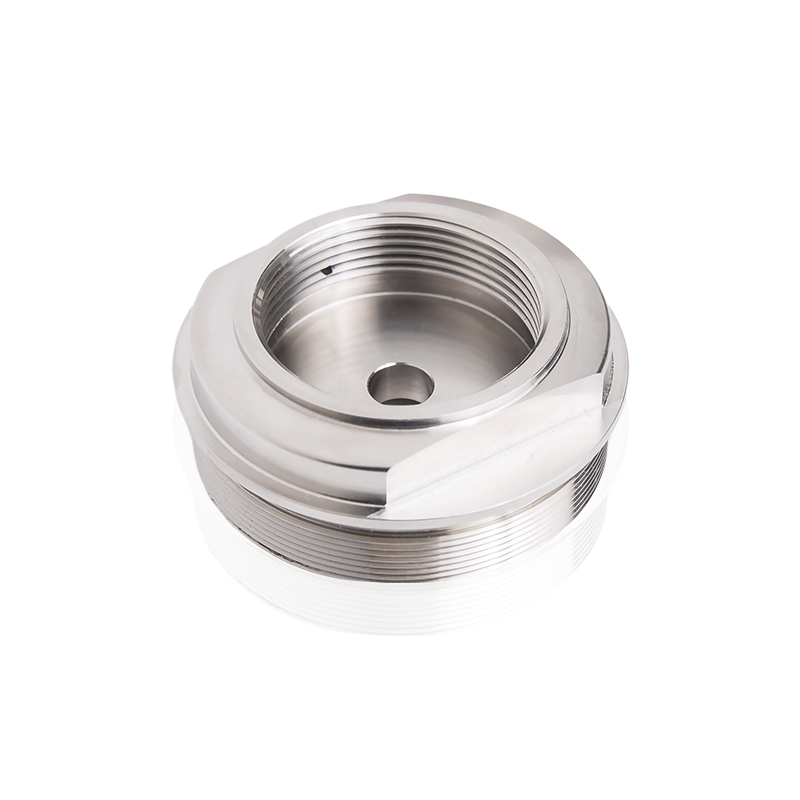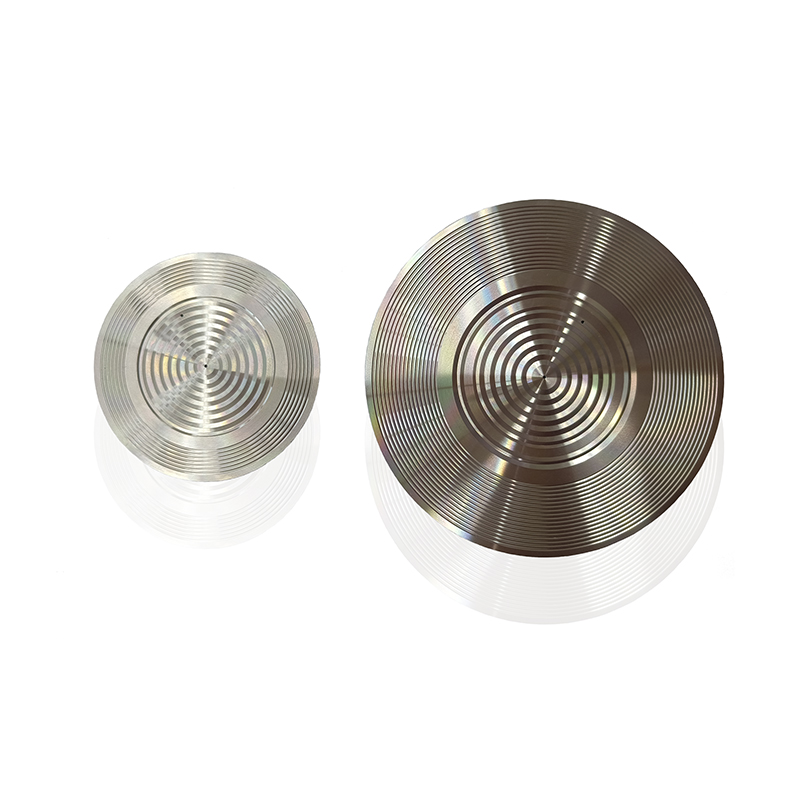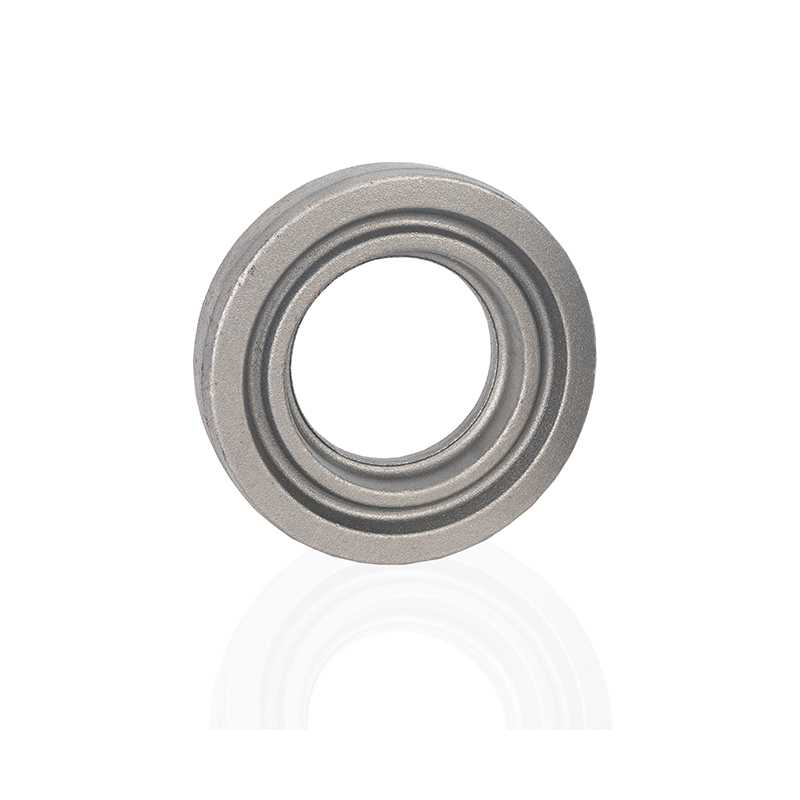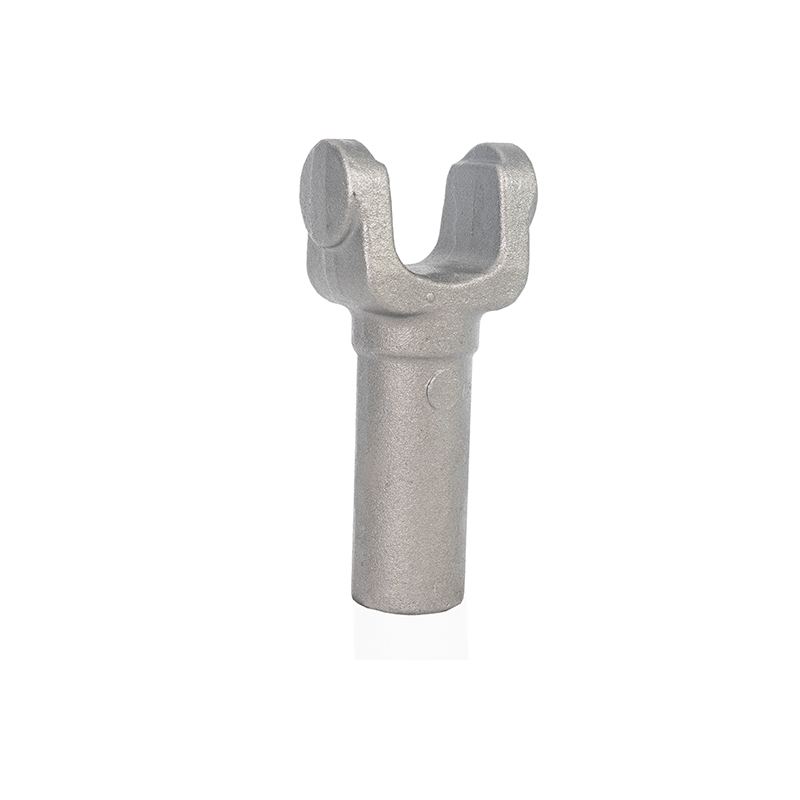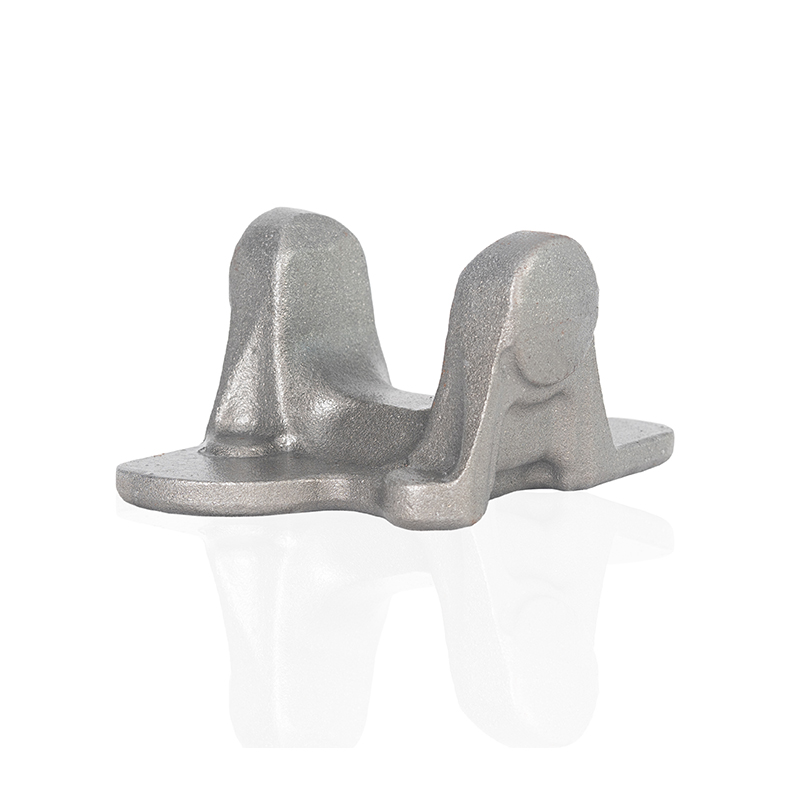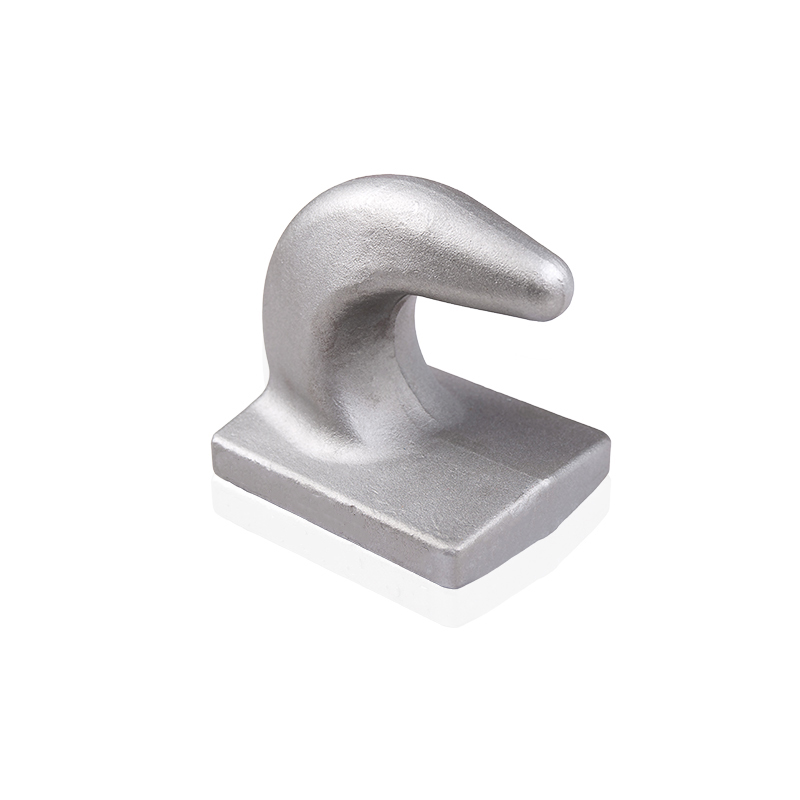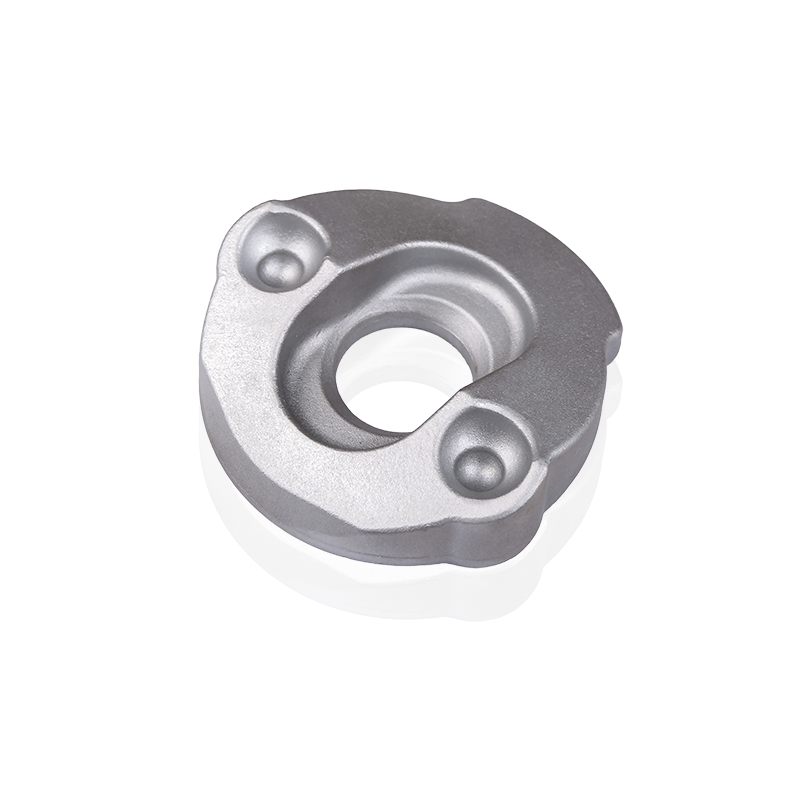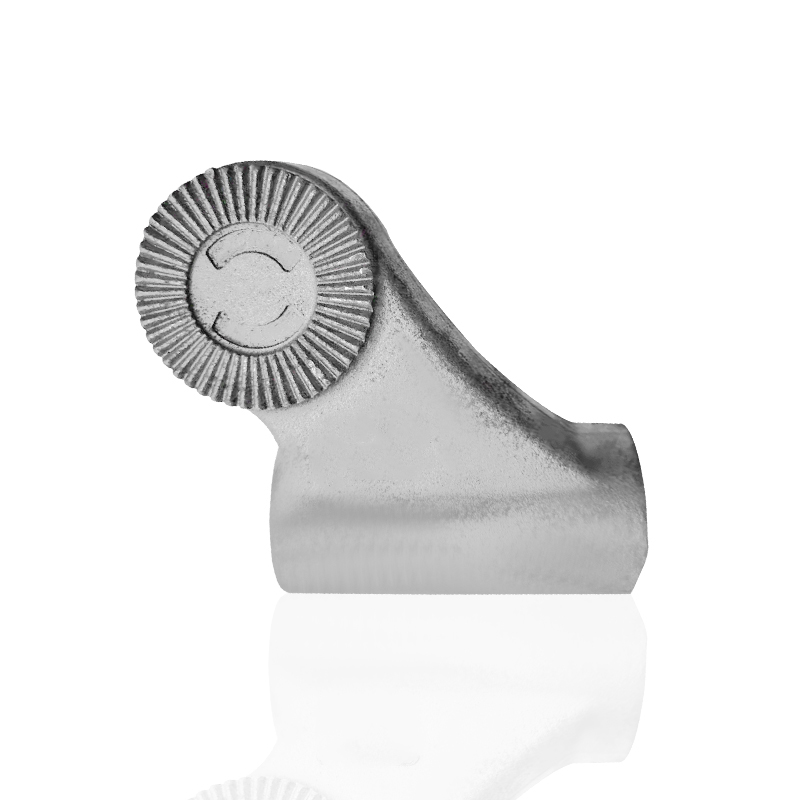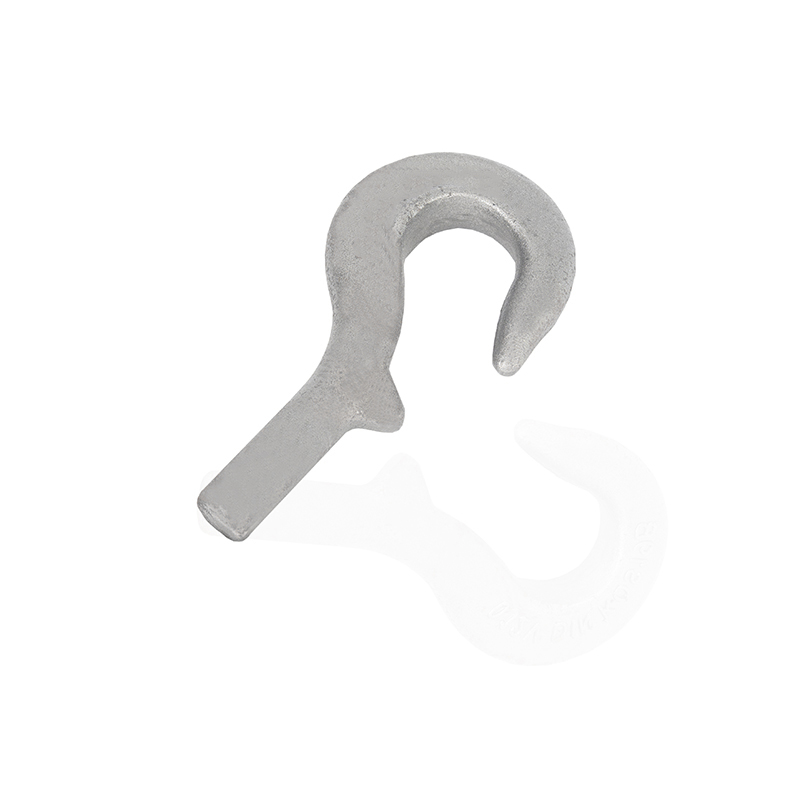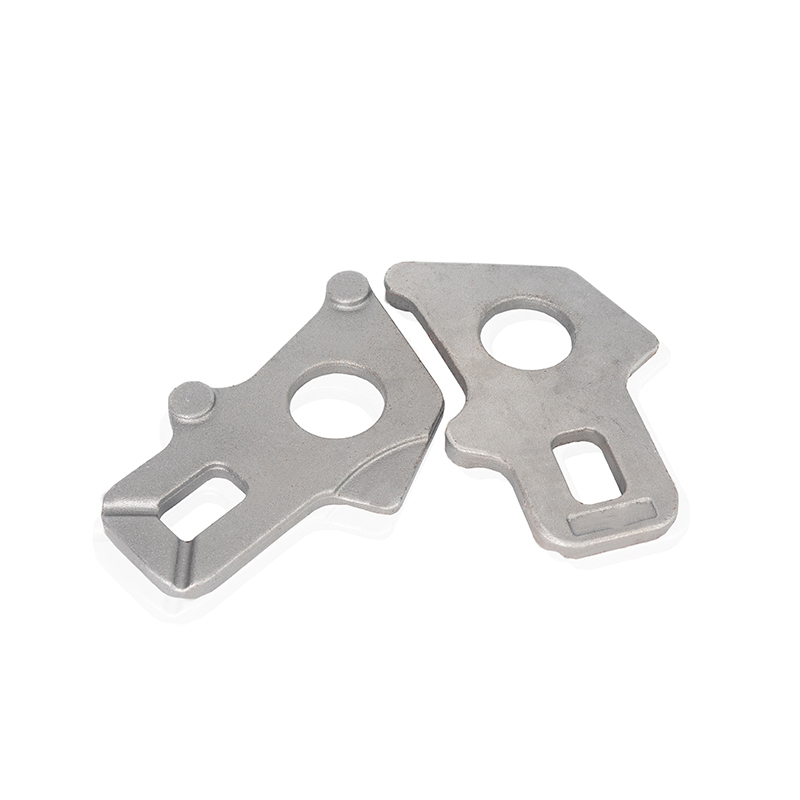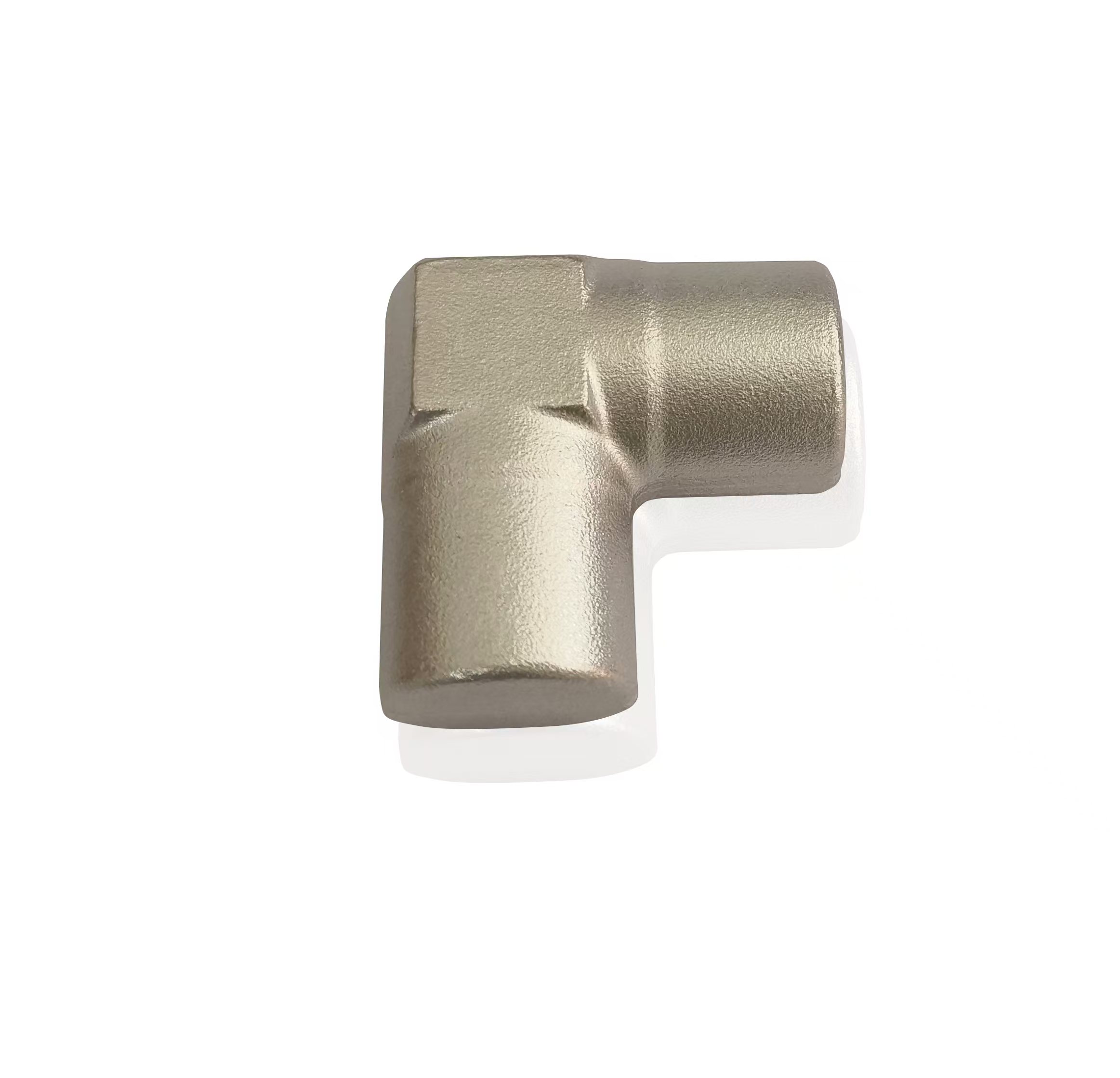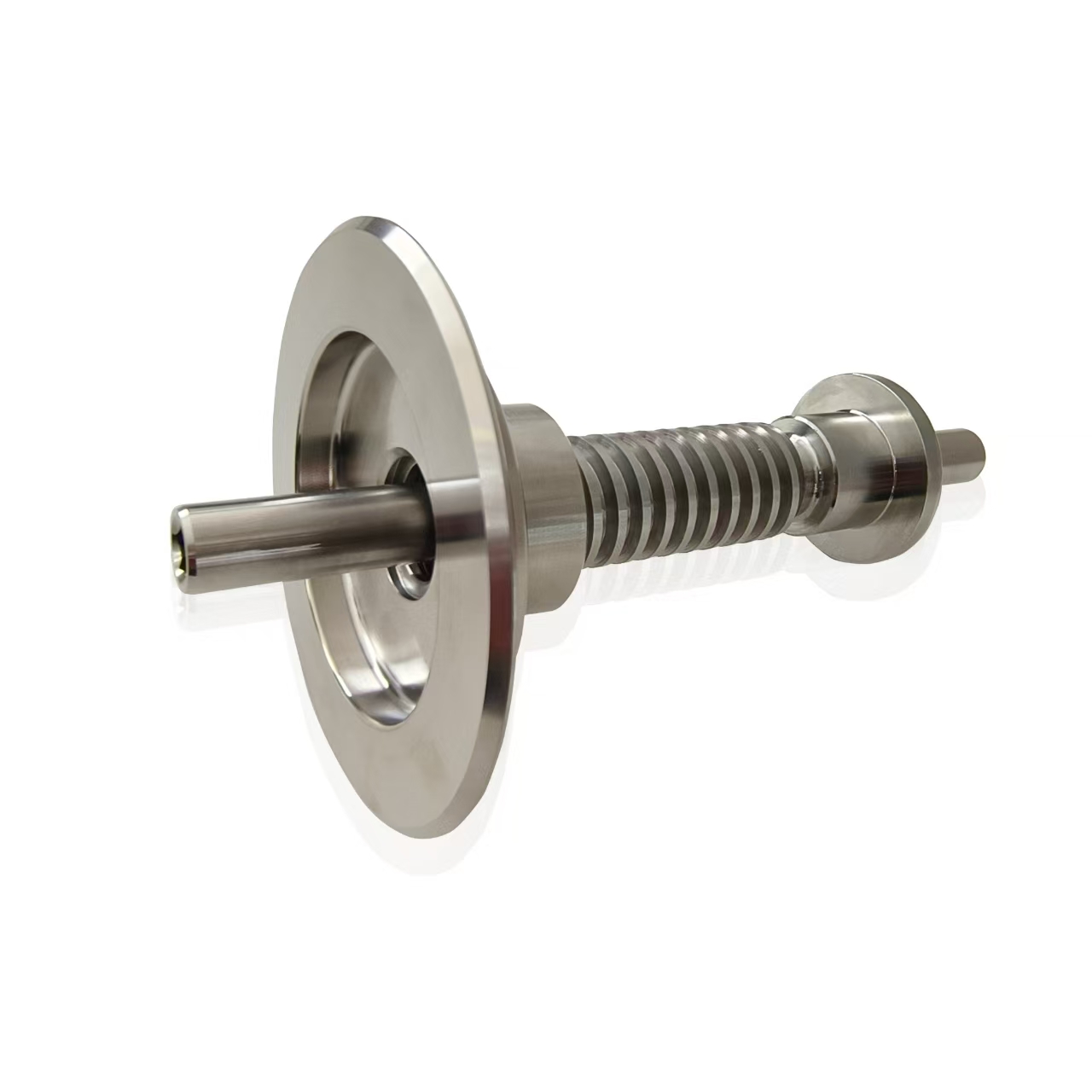Factors Affecting the Performance of Fluid Pump Valves in Flow Rate, Pressure Regulation, and Reliability
 2024.04.15
2024.04.15
 Industry news
Industry news
There are many factors that affect the performance of fluid pump valves in terms of flow rate, pressure regulation, and reliability. Different types of valves (such as ball valves, gate valves, and globe valves) have different flow characteristics and pressure regulation capabilities. The design, size, and internal structure of the valve have a significant impact on performance.
It is crucial to match the valve size to the piping system and the required flow capacity. An improperly sized valve can lead to flow restrictions, pressure drops, or inefficiencies.The valve material must be compatible with the fluid being handled and the operating conditions (such as temperature, pressure, corrosivity). Material selection affects the valve's durability, wear resistance, and overall reliability. The effectiveness of the sealing mechanism is critical to prevent leaks and maintain pressure regulation. The quality of the seals and their durability under operating conditions are important considerations.The way the valve is actuated (e.g., manual, pneumatic, electric, hydraulic) affects its response time, accuracy, and reliability. Different actuation methods are suitable for different application scenarios.
The effectiveness of the sealing mechanism is critical to prevent leaks and maintain pressure regulation. The quality of the seals and their durability under operating conditions are important considerations.The way the valve is actuated (e.g., manual, pneumatic, electric, hydraulic) affects its response time, accuracy, and reliability. Different actuation methods are suitable for different application scenarios.
Factors such as temperature, pressure, fluid composition, flow rate, and operating environment can all affect valve performance. The valve must be able to function effectively under these conditions.Proper maintenance, including lubrication of moving parts, is essential to ensure smooth valve operation and extend its service life. Neglecting maintenance can lead to valve sticking, wear, and failure.
The valve's installation in the piping system and the piping configuration (such as straight runs, bends, fittings) can affect fluid flow characteristics, pressure losses, and overall system performance.For automated fluid pump valves, integration with a control system (such as PLC, DCS) and the accuracy of the control signals affect the valve's ability to accurately regulate flow and pressure.
Environmental conditions such as vibration, shock, humidity, and exposure to contaminants can affect valve performance and reliability over time.these factors need to be considered when selecting, installing, operating, and maintaining valves to optimize valve performance and ensure the efficient operation of fluid flow, pressure regulation, and system reliability.
It is crucial to match the valve size to the piping system and the required flow capacity. An improperly sized valve can lead to flow restrictions, pressure drops, or inefficiencies.The valve material must be compatible with the fluid being handled and the operating conditions (such as temperature, pressure, corrosivity). Material selection affects the valve's durability, wear resistance, and overall reliability.

Factors such as temperature, pressure, fluid composition, flow rate, and operating environment can all affect valve performance. The valve must be able to function effectively under these conditions.Proper maintenance, including lubrication of moving parts, is essential to ensure smooth valve operation and extend its service life. Neglecting maintenance can lead to valve sticking, wear, and failure.
The valve's installation in the piping system and the piping configuration (such as straight runs, bends, fittings) can affect fluid flow characteristics, pressure losses, and overall system performance.For automated fluid pump valves, integration with a control system (such as PLC, DCS) and the accuracy of the control signals affect the valve's ability to accurately regulate flow and pressure.
Environmental conditions such as vibration, shock, humidity, and exposure to contaminants can affect valve performance and reliability over time.these factors need to be considered when selecting, installing, operating, and maintaining valves to optimize valve performance and ensure the efficient operation of fluid flow, pressure regulation, and system reliability.


